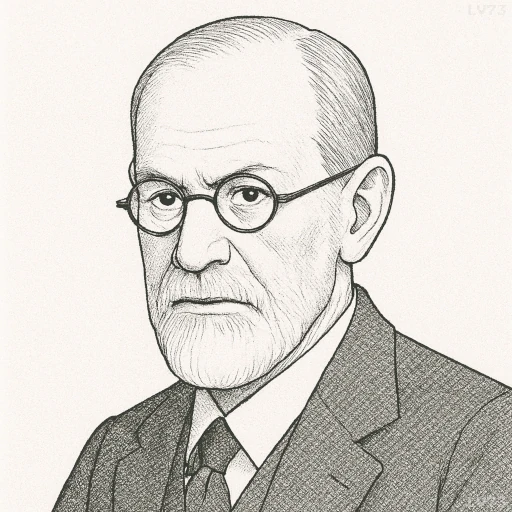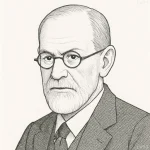“The doctor should be opaque to his patients and, like a mirror, should show them nothing but what is shown to him.”

- May 6, 1856 – September 23, 1939
- Austrian
- Neurologist, Founder of Psychoanalysis
table of contents
Quote
“The doctor should be opaque to his patients and, like a mirror, should show them nothing but what is shown to him.”
Explanation
This quote reveals Freud’s philosophy of the therapeutic relationship, especially within psychoanalysis. By stating that the doctor should be “opaque” and “like a mirror,” Freud is advocating for the therapist to maintain emotional neutrality and refrain from inserting personal opinions, judgments, or emotions into the session. The goal is to reflect the patient’s inner world back to them, enabling deeper self-exploration without the distortion of the therapist’s personality or influence.
In Freud’s early 20th-century practice, this approach was foundational. Psychoanalysis required patients to project their thoughts, feelings, and unconscious material onto the analyst—a process known as transference. If the therapist became too visible or emotionally involved, this process could be disrupted. Freud believed that therapeutic progress depended on the clarity and neutrality of the analyst, much like a mirror that faithfully reflects without commentary or alteration.
Today, while many modern therapies have moved toward a more interactive or empathetic style, the principle behind Freud’s quote still finds relevance. For example, therapeutic boundaries remain crucial, especially in fields like trauma counseling. Over-involvement or emotional entanglement by the therapist can hinder healing. Freud’s metaphor serves as a reminder that the therapist’s role is not to lead or shape the patient’s journey, but to provide a safe, reflective space in which the patient can understand themselves more clearly.
Would you like to share your impressions or related stories about this quote in the comments section?

